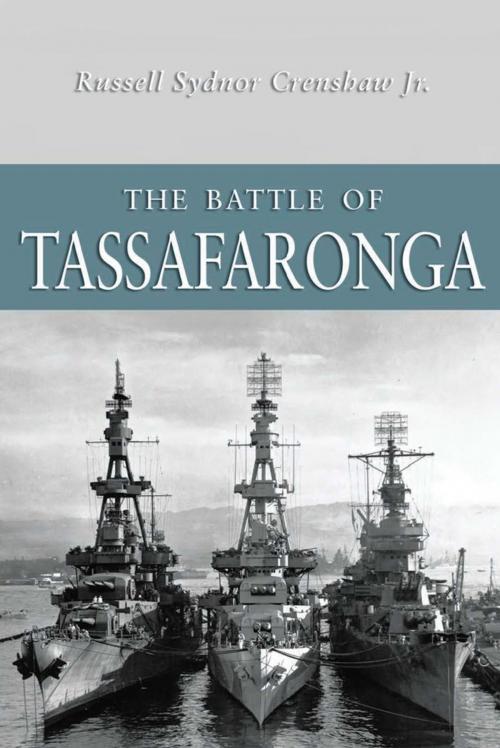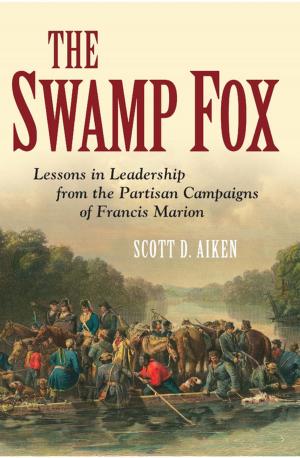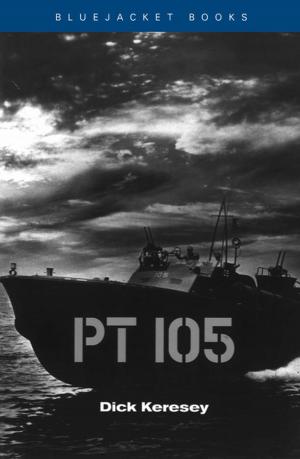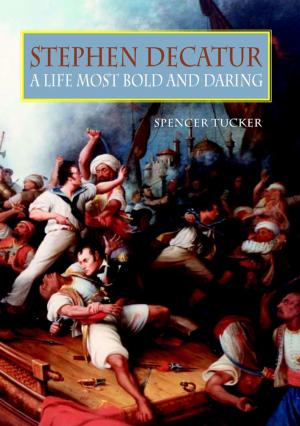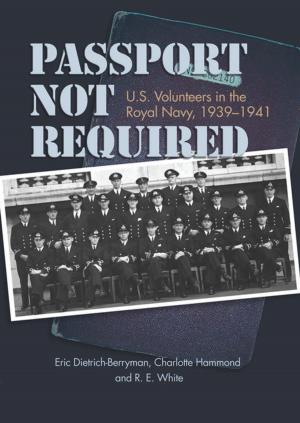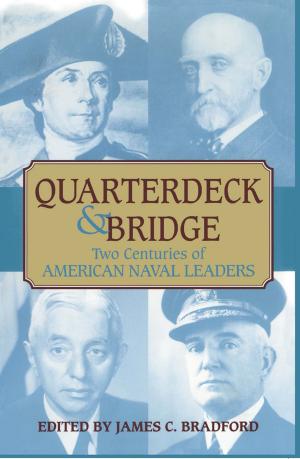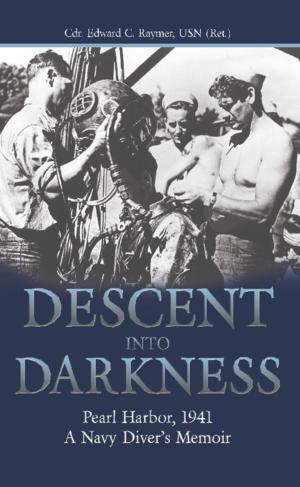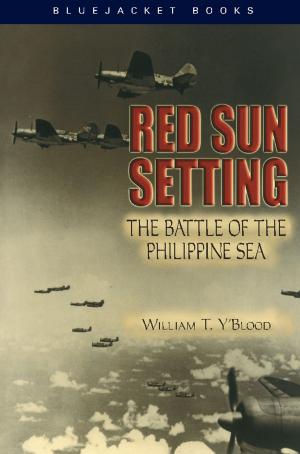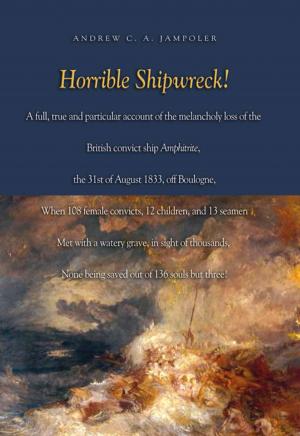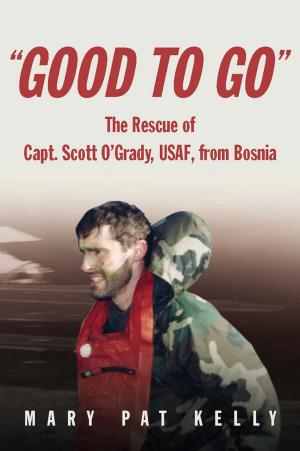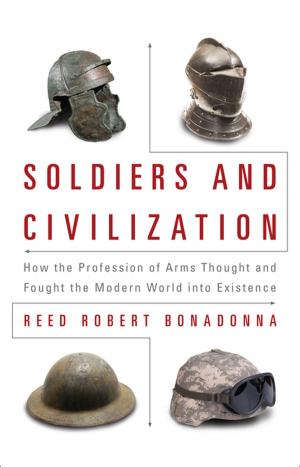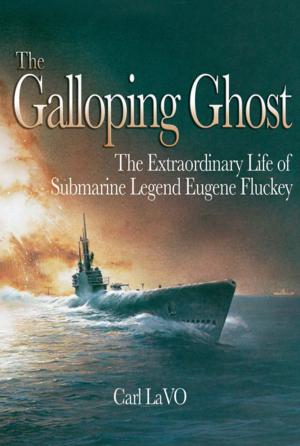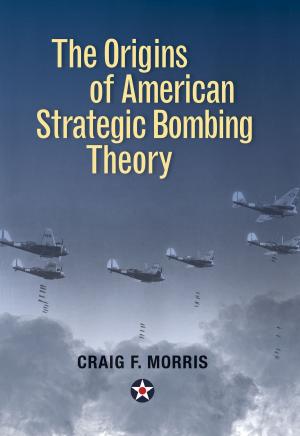| Author: | Russell Crenshaw Jr. | ISBN: | 9781612515519 |
| Publisher: | Naval Institute Press | Publication: | November 15, 2013 |
| Imprint: | Naval Institute Press | Language: | English |
| Author: | Russell Crenshaw Jr. |
| ISBN: | 9781612515519 |
| Publisher: | Naval Institute Press |
| Publication: | November 15, 2013 |
| Imprint: | Naval Institute Press |
| Language: | English |
The Battle of Tassafaronga, November 30, 1942, was the fifth and last major night surface action fought off Savo Island during World War II s Guadalcanal campaign. It ended a string of Japanese victories, but it was also a horrible embarrassment to the U.S. Navy, which had three heavy cruisers damaged and one sunk to enemy torpedoes. After the battle, American commanders erroneously reported that multiple enemy ships had been sunk or seriously damaged, leading Admiral Nimitz to focus on training as the missing ingredient. Not until more than half a century later did Captain Russell S. Crenshaw, Jr., the destroyer Maury s gunnery officer during the battle, discover that the outcome hinged instead on critical shortcomings that had been built into the U.S. Navy before the war defective torpedoes, poor intelligence, blinding gunfire, over-confidence, and a tendency to equate volume of fire with effectiveness of fire factors that turned the battle into a crucible in which the very nature of the U.S. Navy and its weapons was tested [and] a miniature of what might have been, under other circumstances, a truly devastating defeat.
The Battle of Tassafaronga, November 30, 1942, was the fifth and last major night surface action fought off Savo Island during World War II s Guadalcanal campaign. It ended a string of Japanese victories, but it was also a horrible embarrassment to the U.S. Navy, which had three heavy cruisers damaged and one sunk to enemy torpedoes. After the battle, American commanders erroneously reported that multiple enemy ships had been sunk or seriously damaged, leading Admiral Nimitz to focus on training as the missing ingredient. Not until more than half a century later did Captain Russell S. Crenshaw, Jr., the destroyer Maury s gunnery officer during the battle, discover that the outcome hinged instead on critical shortcomings that had been built into the U.S. Navy before the war defective torpedoes, poor intelligence, blinding gunfire, over-confidence, and a tendency to equate volume of fire with effectiveness of fire factors that turned the battle into a crucible in which the very nature of the U.S. Navy and its weapons was tested [and] a miniature of what might have been, under other circumstances, a truly devastating defeat.
